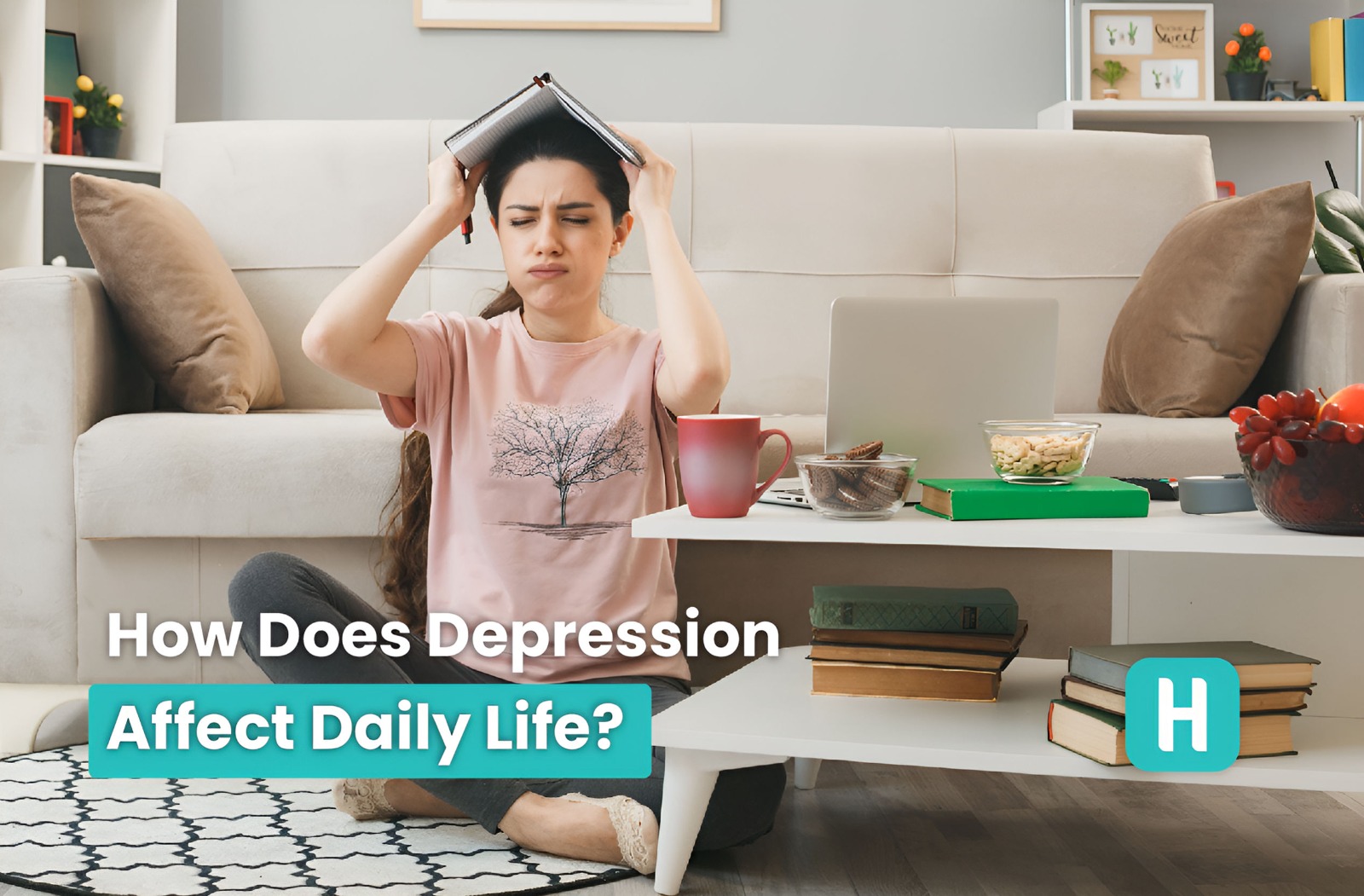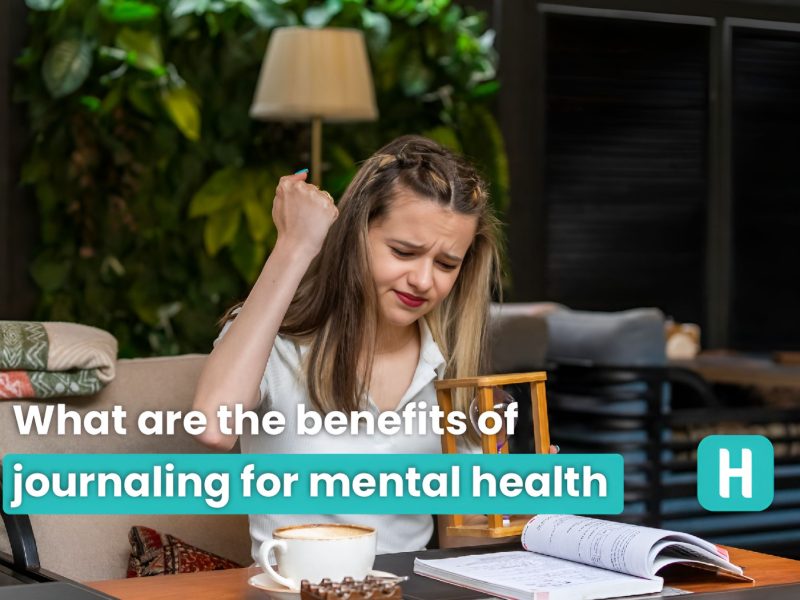Feeling sad or having a bad day does not define Depression Affect . It is a devastating problem in mental health that can severely interfere with your daily life including work, social activities, and your Mental Well-Being. In this article we discuss how depression can be treated as well as seek to understand what depression is in relation to any life of an individual and mental health as a whole.
A person who suffers from depression constantly experiences a feeling of sadness, resentment and unworthiness forces them to despise everything including the desire to do anything. The struggle with depression is real as not everyone can simply ‘snap out of it’. This disorder targets your mentality, your emotions and changes how you behave on a daily basis.
What Causes Depression?
Depression is not one thing, rather it is a combination of several unique biological, psychological, and even environmental factors to completely yield depression. Some of the common factors include:
Genetic Factors: Possessing a family history filled with depression makes it possible for someone to experience the feeling themselves.
Chemical Imbalances: Sometimes, hormonal changes in the brain often lead to depression. An example of such changes includes alteration of serotonin, which is one of the neurotransmitters.
Life Events: At any point, a dramatic event such as bereavement, unemployment, or trauma can also lead to depression.
Chronic Illness: Affected by any other condition such as diabetes or heart disease can contribute to depression.
Signs and Symptoms
Identification of depression can be difficult since everyone experiences it differently but there are common signs that many feel such as:

- A low mood or continuous upset feeling.
- Feeling too weak and without energy.
- Being unfocused during the day.
- Transitioning weight and change in food desires.
- Feeling too guilty, useless or even hopeless.
- Having trouble falling and staying asleep or feeling sleepy too much.
Effects of Depression on Daily Life
1.Impact on Emotional Well-being
Deformation starts at the core and extends to mental well-being, emotions, and perception of the person. People with depression primarily stay on negative thoughts, have a lack of confidence and feel guilty about trivial tasks such as going out or talking to someone. These emotions begin to take over the sense of reality making individuals feel alone and empty.
2.Challenges in Maintaining Relationships
Depression often strains relationships. A person battling depression may find it difficult to express their emotions, leading to misunderstandings. Withdrawal from friends and family is common, as social interactions may feel draining. Loved ones may feel helpless or confused about how to provide support. In such cases, seeking mental health services near me can offer valuable guidance and resources to improve communication and strengthen relationships.
3. Effects on Physical Health
Depression affects the whole body of life. Common physical symptoms include:
- Fatigue and low energy levels
- Insomnia or excessive sleeping
- Physical pain, such as headaches or body aches
- These symptoms can further compound the emotional challenges, creating a cycle of mental and physical exhaustion.
4. Reduced Productivity and Performance
At work or school, depression can hinder focus, decision-making, and motivation. When facing a deadline, it can seem like everything is going over one’s head and tasks that were once simple suddenly feel very difficult. This decline in productivity can affect career progression or academic performance, leading to additional stress.
5. Hindered Personal Care and Daily Routines
Depression can sap the energy needed for self-care. Engaging in such activities as cooking, cleaning, or even showering becomes burdensome for the emotionally dejected individual. Often such denial of personal hygiene and disregard for household responsibilities lead to feelings.
Treatment of Depression
Experiencing depression can be quite difficult, however the course of treatment has the power to change the quality of your life. Listed below are some of the common methods used in the treatment of depression:

Medication: Different types of depression medications such as antidepressants, antianxiolytics or other antipsychotic medications can be of help. Each and every type has advantages and disadvantages as well as side effects, hence it is important that you keep in touch with your physician when identifying which is best for you.
Therapy: One of the very beneficial aspects of treatment of depression can be speaking with a professional. The therapist is able to teach the patient healthy coping strategies for negative emotions which significantly contribute to mental well-being. Group therapy or family therapy can offer assistance and bolster the healing process as well.
Light Therapy: Being in contact with bright white light can elevate your feelings. This therapy is employed in patients who suffer from Seasonal Affective Disorder, a diagnosis where depression is visible in certain seasons only.
Other Therapies: Contact your physician for alternatives such as meditation or acupuncture. Some nutrients such as fish oil or SAMe could be beneficial however self-medication is not recommended since herbs can have negative interactions with conventional medications. It is a great suggestion to always speak to a medical professional before resorting to self-medication for depression.
If you or someone you know has depression, reaching out for help is important. You may contact us, and we will guide you to the mental health resources in your neighbourhood.
How Can Helply Address This Issue?
Helply is a platform dedicated to connecting individuals with appropriate mental health resources. Helply provides specialized services like appointments with occupational therapists and Online Health Counselors online consultation or self-help. By providing easy access to mental health professionals and resources, that makes it easy to start your journey to recovery. You don’t have to face depression alone anymore. Helply is here to help you take the first step toward a future free from the chains of depression.


